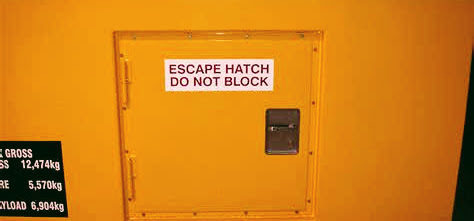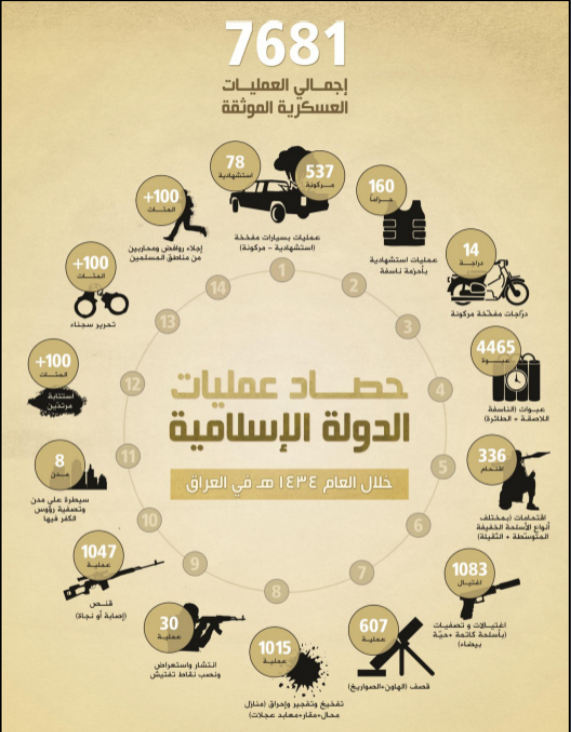I spent the early part of my career in crisis. From the Balkans to the Middle East to West Africa, I worked in post-conflict and post-disaster response. I nearly died a few times, and I definitely burned out a few times. It cost me a lot to see how societies fall apart, but it also taught me a lot about how they put themselves back together. I’m not going to share any of those lessons with you.
The only way to survive working in crisis – not necessarily in terms of saving your life, but saving your sanity – is to have a nose for risk. You recalibrate yourself to fit with the environment – the compound living, the nightly curfew, the hygiene precautions, the health risks, the security training, the bomb threats, the bullet holes – because there is no way to change the environment to fit you, except in the tiniest of ways.
During the crisis this all seems normal enough, but it turns out to be fairly dysfunctional when you return to any kind of normality. Many international aid workers start out as misfits, but if they aren’t when they start, they are by the time they finish. Aid workers are citizens of the world, but frequently unable to be real citizens anywhere else. You can find yourself heading back to a crisis – any crisis will do – because that’s where the world feels normal; where you feel normal.
But it’s different for international staff than for national staff, and vastly different for international staff than for the people directly affected by the crisis, and it’s different in one specific way: we always have a way out, an eject button we can push if it all goes to shit, a ticket home where “home” means somewhere without the compound living, the nightly curfew, the hygiene precautions, the health risks, the security training, the bomb threats, the bullet holes –
When you don’t have that ticket home – when you are home – you’re stuck with those risks. What weighs on you is the uncertainty, not just in not knowing when things will return to normal, but not knowing how to respond best under abnormal conditions. The short-term stress is bad enough for your health, but one of the things that you don’t notice when you’re in a crisis is that chronic stress shortens your timeframe, preventing you from planning for the long-term because you’re focused on surviving in the short-term.
And when there is no escape from the crisis, after a time the crisis becomes part of you.
I have some good news and some bad news. The good news is that the Covid-19 pandemic will one day end, and all that faint pressure that we’re all feeling will lift, even if we have to live with the memory of that weight for a few years; although some of us are struggling with mental health problems, most will make it through just fine. If we live long enough, we’ll get to the stage where historical amnesia takes over and the pandemic becomes reduced to scenery on stage, wheeled off and forgotten until the next performance.
You might think that the bad news is that there will be another performance, another pandemic to deal with in the future, but while that will happen, it isn’t the bad news. The bad news is that we’re in another, slower crisis – an environmental crisis of such staggering scale that most people struggle to see it, in the same way that you can’t see the whole planet, only the patch of land you’re standing on. And there is no ticket home from that crisis, because everywhere is affected to some degree.
The environmental crisis is going to be a long haul; we already see that the generation that has grown up doomscrolling climate change are struggling to deal with the feeling that crisis could be their normal. It is only just beginning to unfold into our daily lives, and which will exacerbate the worst aspects of our societies (and some of the best aspects, but you’ll have to go somewhere else if you’re expecting reassurance there). Regardless of the specific impacts, we are looking at intergenerational trauma sinking its claws into whole societies, and particularly societies who rest on delusions of their own progress.
But the worst news of all is that we’re in a meta-crisis in which our political and social institutions are being degraded by networked technology, hollowed out to the point where they no longer function except on the most superficial level, rendering us unable to deal with our crisis. I’m not talking about Russian disinformation, Facebook negligence, or the other folk devils of the network society, but techniques that have become woven into the very fabric of that society, that will continue to do their work while we are distracted by folk devils.
Every time your phone pings an incoming message and you look at it, you are being trained to be in a permanent state of alert. Every time your social network adds a node, you are being trained to ignore your social reality in favour of their social imaginary. Every time another piece of the world gets eaten by software, it is flattened out in order to be able to fit the requirements of that software. And over time, our sense of our place in the world becomes changed, made more abstract from physical space and chronological time.
What this is leading to is a meta-crisis: the creation of a culture of the permanent present that leaves us unable to plan for the future; and what living in a crisis teaches us is that being unable to plan for the future leaves us unable to do anything in the present either, except the basics of survival. Some people have already intuited this – what we might call the long-termist movement, exemplified by individuals like Toby Ord and institutions like the Long Now Foundation – but it’s hard to see them getting much traction in the everyday.
We need to find new paths out of this crisis; but all our maps are digital now, and so they only seem to lead us further in.


